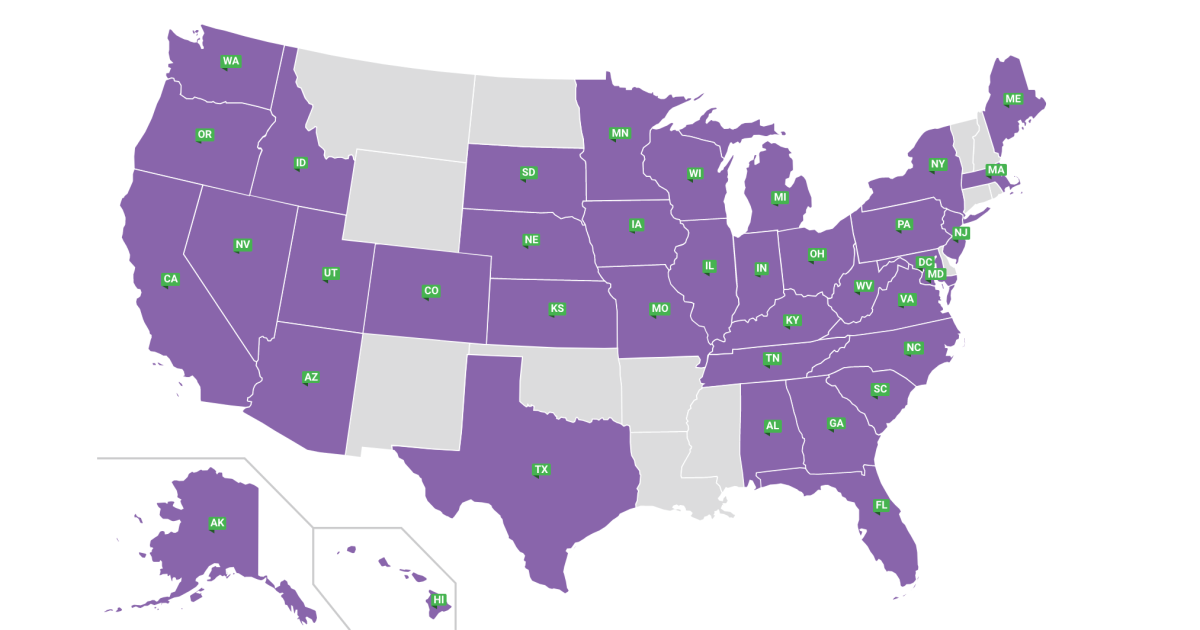

Yesterday, the largest anti-cannabis group in the country, Smart Approaches to Marijuana (SAM), announced the launch of its new “Marijuana Industry Donation Tracker,” which tallies donations from the cannabis industry to elected officials on Capitol Hill. According to the release, the tracker is intended to “expose elected officials who pocket money from the marijuana industry and then support policies that would benefit the industry.”
But news outlets (like The Hill and Roll Call) might want to hold off on using data from SAM’s tracker in their stories. There are several inaccuracies and oversights in the data, most of which result from common errors in interpreting FEC filings. (For more on Cannabis Wire’s coverage of cannabis and campaign finance, go here and here.
In some cases, the tracker reports a greater number than was actually donated, as some donations are counted twice. For example, the tracker reports that Earl Blumenauer (D-OR), who, according to SAM’s press release yesterday, is the top recipient of donations from the industry in congress, accepted a total of $2,000 from NORML in 2016. When an organization or company donates to a candidate, both the candidate and the donor are required to disclose it in an FEC filing. In fact, NORML contributed only $1,000, but the tracker is counting both NORML’s disclosure of the donation as well as Blumenauer’s. In another example, the tracker counted a single $2,000 donation from NCIA to Barbara Lee (D-CA) from February of last year as two separate donations, erroneously doubling the total.
SUBSCRIBE TO CANNABIS WIRE’S MORNING NEWSLETTER
Original news and analysis from veteran journalists—straight to your inbox every weekday morning. (This newsletter is free now, but will soon be available only to subscribers.)
It’s possible that the tracker is counting the “election cycle to date” total on disclosures, rather than the amount of the donation: For example, SAM reports that Blumenauer received $5,000 from Matt Price, owner of Cannabliss, when in fact Price donated a total of $2,500 in two separate donations of $1,250.
In one case, SAM’s tracker under-reported a politician’s total donations by misinterpreting “memo items,” which list the company executives who contributed a portion of the donation. The Hill reported that of all incumbent candidates who won in November, Senator Sherrod Brown (D-OH) received the most money from cannabis groups, taking in $5,733. Since The Hill’s report, SAM seems to have updated their tracker to reflect a different number, a single donation of $333 from Medicine Man CEO Pete Williams. In fact, Brown received a total of $1,000 from Medicine Man’s parent company, FutureVision LLC, with co-founders Pete and Andy Williams and another employee, Michelle Seman, pitching in one-third each. SAM’s $333 figure also omits other donations from the industry, including $1,000 from Livwell CEO John Lord.
SAM acknowledges on the page that their tracker is a “work in progress,” and it’s possible the site will be more comprehensive once complete. Last election cycle, Cannabis Wire reported that SAM spent and raised hundreds of thousands to fight against legalization initiatives in the midterms. According to their most recent 990 filings, SAM raised $4.6 million for their cause in 2016, up from $36,050 the year prior.